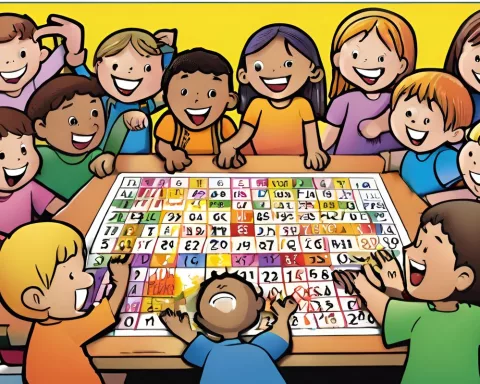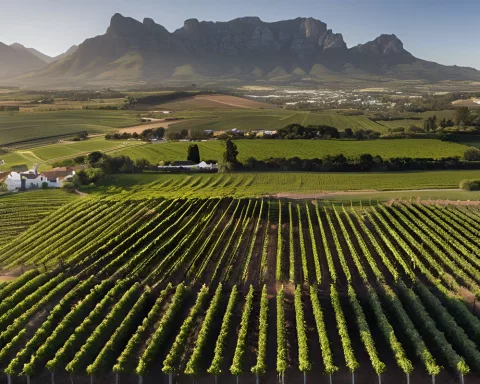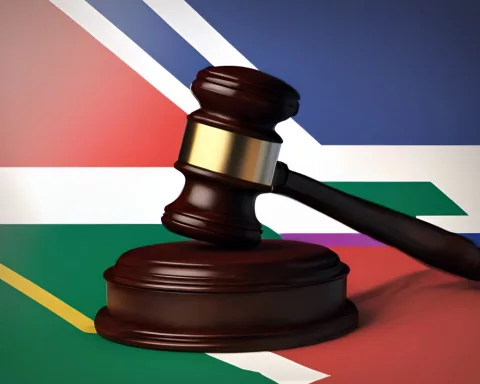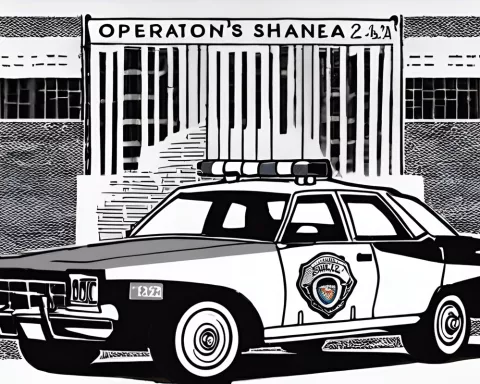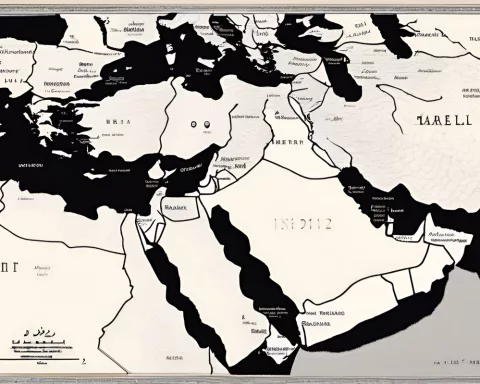The Western Cape Education Department launched the #BackOnTrack program to counteract the impact of the COVID-19 pandemic on education. The program aims to benefit over 15,000 learners and 5,000 teachers through supplementary lessons and extended training, respectively. However, the province is facing challenges due to rising enrollments and financial obstacles, resulting in budget cuts and scaled-down plans. Despite these challenges, the Western Cape remains committed to delivering quality education for every learner.
What is the #BackOnTrack program in Western Cape’s education sector?
The #BackOnTrack program is the largest educational recovery program in South Africa, initiated by the Western Cape Education Department with an allocation of R399 million. The program aims to benefit over 15,000 learners across Grades 4, 7, 8, 10, and 12 through supplementary lessons and 5,000 teachers through extended training. The program is aimed at countering the pandemic’s impact and regaining momentum in the education sector.
Pandemic’s Impact and Educational Pursuits in the Western Cape
The COVID-19 pandemic has profoundly affected the Western Cape, especially in the education sector. The region, renowned for having the most substantial departmental budget within the provincial government, had mapped out ambitious goals for its R29.55 billion allocation for the 2023/24 fiscal year. Their vision included reversing educational setbacks, broadening access to education, and enhancing provisions for learners with distinctive needs. But the journey towards these goals has encountered several hurdles.
The world’s struggle with the severe repercussions of the COVID-19 pandemic exposed the shortcomings of South Africa’s education system. The shadow of educational setback emerged as a formidable challenge that urgently needed resolution. A significant segment of our learners still struggles with understanding the meaning behind the words they read – a crucial skill – underscoring the enormity of the problem.
#BackOnTrack Program and Challenges of Rising Enrollments
To counteract the pandemic’s impact and regain momentum, the Western Cape Education Department initiated an ambitious program – #BackOnTrack. This initiative, funded with an allocation of R399 million, is the largest educational recovery program in the country. The program aimed to benefit over 15,000 learners across Grades 4, 7, 8, 10, and 12 through supplementary lessons and 5,000 teachers through extended training. Additionally, the Foundation Phase saw a drive to provide extra assistance to 310,000 learners and 5,200 teachers. The educators’ commitment, learners’ enthusiasm, and early positive results showed promising signs of progress.
Simultaneously, the province faced a rising predicament – an annual influx of 19,000 learners enrolling in schools. The growing demand for classrooms and teachers began to exceed the available resources, ringing warning bells for the education department. As a proactive measure, the Rapid School Build program was launched, with R2.9 billion set aside for infrastructure needs, including 21 new and replacement schools and 289 additional classrooms.
Special Needs Support and Financial Obstacles
The Western Cape also made a dedicated effort to assist learners with special needs. An additional fund of R135 million was allocated to boost support for learners with Autism and Learners with Profound Intellectual Disabilities (LPID). This funding was destined for the construction of two new schools, development of 28 additional classrooms in existing schools, and recruitment of extra staff, such as teachers, classroom assistants, and therapists.
However, by June, signs of trouble began to surface. The national government seemed to be grappling with financial instability, which manifested with the mid-term budget announcement on 1 November 2023. The national government missed their pledged 78% of the wage agreement costs, covering only 64%. This deficit translated to a shortfall of R537 million. At the same time, the Department of Basic Education reduced our conditional grants by R179.4 million. This double financial setback jeopardized the province’s ability to sustain schools and remunerate teachers.
Budget Cuts and Commitment Towards Quality Education
Confronted with a massive loss of R716.4 million, the provincial government was compelled to make difficult decisions that ultimately affected the #BackOnTrack program, Rapid School Build program, and department staffing levels. The budget for the #BackOnTrack program was cut by R143.5 million, stalling plans to extend resources for learners in Grades 8 and 10. The infrastructure budget faced a reduction of R248 million. Moreover, the national government’s decision to freeze several vacant posts from 18 October only compounded the existing challenges.
These cuts were marked by two unusual features. First, the extreme uncertainty that pervaded the entire budget period. Second, the cuts were immediate and made within the year, striking at a time when the demand for placement was at its peak. The national budget process appeared to be in complete chaos, with the National Treasury operating on a ‘pay-as-you-go’ system. This new budgeting approach was particularly damaging to the education sector, as the service delivery calendar does not align with the financial year.
Despite the financial challenges and the national government’s mismanagement, Western Cape remains steadfast in its fight for quality education. The #BackOnTrack program, construction of new schools and classrooms, and the provision of additional support for learners with special needs remain a priority, albeit with scaled-down plans. The province maintains its commitment to deliver quality education for every learner, in every classroom, in every school in the Western Cape. In these turbulent times, this resilience serves as a ray of hope for the learners and educators within the province.
1. What is the #BackOnTrack program in Western Cape’s education sector?
The #BackOnTrack program is the largest educational recovery program in South Africa, initiated by the Western Cape Education Department with an allocation of R399 million. The program aims to benefit over 15,000 learners across Grades 4, 7, 8, 10, and 12 through supplementary lessons and 5,000 teachers through extended training.
2. What challenges is the Western Cape facing due to the COVID-19 pandemic’s impact on education?
The pandemic has resulted in setbacks in the education sector, with a significant segment of learners struggling with understanding the meaning behind the words they read. The Western Cape had ambitious goals for its education budget, which have now encountered several hurdles.
3. How does the #BackOnTrack program plan to counteract the pandemic’s impact and regain momentum?
The program is aimed at countering the pandemic’s impact and regaining momentum in the education sector by providing supplementary lessons for learners and extended training for teachers. The program is funded with an allocation of R399 million and is aimed to benefit over 15,000 learners and 5,000 teachers.
4. What challenges is the Western Cape facing due to rising enrollments?
The province is facing a rising predicament of an annual influx of 19,000 learners enrolling in schools. The growing demand for classrooms and teachers began to exceed the available resources, ringing warning bells for the education department. As a proactive measure, the Rapid School Build program was launched, with R2.9 billion set aside for infrastructure needs.
5. How is the Western Cape supporting learners with special needs, and what financial obstacles are they facing?
The Western Cape has made a dedicated effort to assist learners with special needs by allocating an additional fund of R135 million for the construction of new schools, development of additional classrooms, and recruitment of extra staff. However, financial instability at the national level has resulted in budget cuts and reduced conditional grants for the education sector, jeopardizing the province’s ability to sustain schools and remunerate teachers.
6. What is the Western Cape’s commitment towards quality education despite budget cuts and financial obstacles?
Despite budget cuts and financial obstacles, the Western Cape remains committed to delivering quality education for every learner, in every classroom, in every school in the Western Cape. The #BackOnTrack program, construction of new schools and classrooms, and the provision of additional support for learners with special needs remain a priority, albeit with scaled-down plans. The province maintains its commitment to deliver quality education for every learner.




